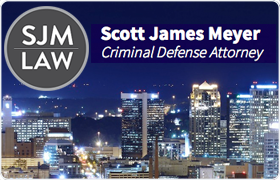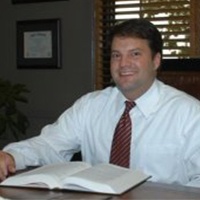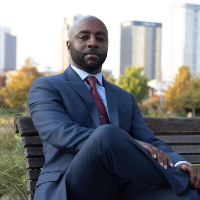Mount Olive Felony Lawyer, Alabama
Sponsored Law Firm
-
 x
x

Click For More Info:
-
Law Office of Scott Meyer
1211 28th Street South Birmingham, AL 35205 » view mapJefferson County Criminal Lawyer Success with Scott
Scott James Meyer provides first-class criminal defense representation in Birmingham and the State of Alabama for drug offenses and other felonies and misdemeanors.
800-697-0641  Scott Meyer Birmingham, AL
Scott Meyer Birmingham, ALAttorney At Law - Alabama, 2010
Birmingham School of Law, J.D. - 2009
 Facebook
FacebookFor Additional Information About The Law Office of Scott Meyer
 Contact UsEmail or Call 24/7
Contact UsEmail or Call 24/7Call Today For Your Initial Free Consultation.
Not enough matches for Mount Olive Felony lawyer.
Below are all Mount Olive Criminal lawyers.
Jay Tidwell
✓ VERIFIEDJay Tidwell is committed to excellence in his practice and service to his clients. He practices in all state district and circuit courts and federal c... (more)
Michael Paul Russ
✓ VERIFIEDMichael Russ is a practicing lawyer in the state of Alabama. Attorney Russ received his J.D. from the Birmingham School of Law in 2017. The Premier... (more)
Derek Simms
✓ VERIFIEDSimms & Associates is widely regarded as one of the top personal injury law firms in the State of Alabama. The firm was founded in 1999 by lead attorn... (more)
Gary Richardson Jr.
✓ VERIFIEDAttorney Gary Richardson, Jr. is a native of Birmingham, AL. He received his bachelor’s degree in English from Stillman College. Gary earned an Arm... (more)
Redding Pitt
FREE CONSULTATION
CONTACT

 Scott Meyer Birmingham, AL
Scott Meyer Birmingham, AL Facebook
Facebook Contact UsEmail or Call 24/7
Contact UsEmail or Call 24/7





